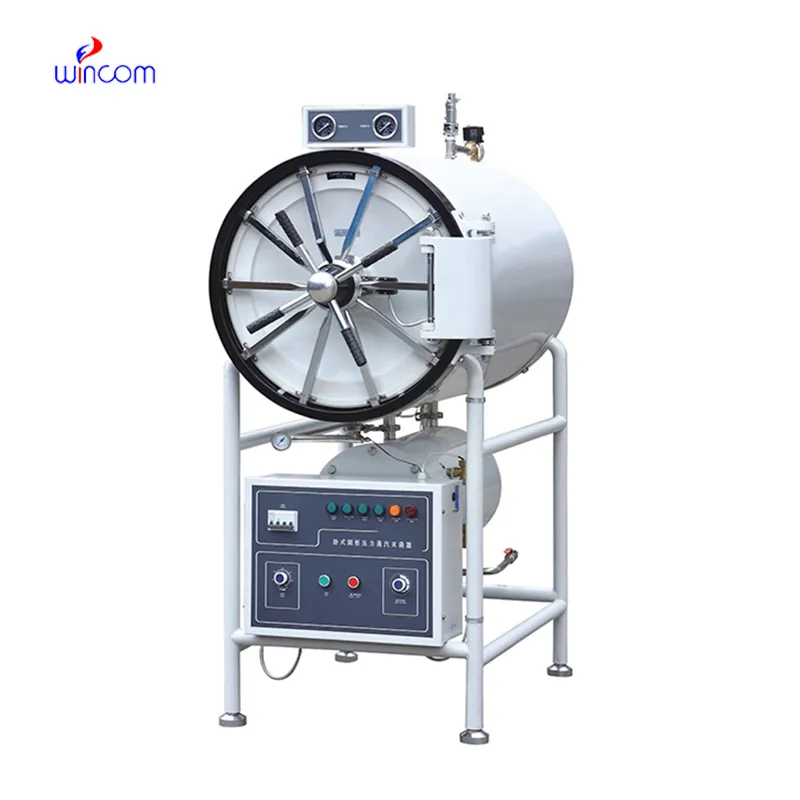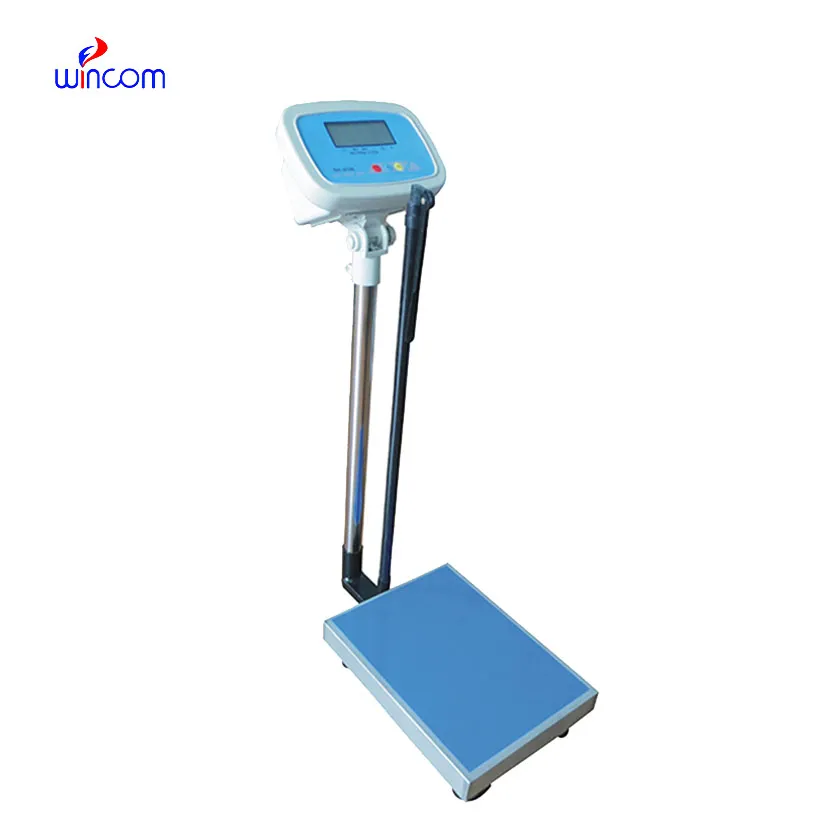
The mri machine vs ct scanner takes advantage of the use of high-speed arrays of coils and gradient amplifiers to provide higher spatial resolution. The mri machine vs ct scanner facilitates different diagnostic procedures such as brain mapping, musculoskeletal examinations, and vascular imaging. The mri machine vs ct scanner offers smooth operation through automated calibration and intrinsic safety monitoring.

The mri machine vs ct scanner is extensively utilized in neurological diagnostics for the diagnosis of brain tumor, stroke trauma, and multiple sclerosis. It provides accurate imaging of brain anatomy and blood perfusion patterns. The mri machine vs ct scanner also supports functional imaging, measuring neural activity, and helps in understanding cognitive and behavioral disorders.

The mri machine vs ct scanner will expand its role in neuroscience and molecular imaging by introducing new contrast mechanisms and biophysical modeling. This will make visualization of cellular-level activity and brain connectivity achievable. The mri machine vs ct scanner will provide unparalleled insight into complex physiological processes.

To maintain the mri machine vs ct scanner in working condition, staff should clean the patient table, coils, and bore space on a regular basis. The cryogenic system of the machine should be filled and inspected to prevent magnet quenching. The mri machine vs ct scanner also need to be protected from power surges with specialized electrical stabilizers.
The mri machine vs ct scanner combines magnetic and radiofrequency technologies to produce accurate and high-resolution images of the human body. The mri machine vs ct scanner is widely used to diagnose vascular disease, musculoskeletal injuries, and neurological disorders. The mri machine vs ct scanner enhances clinical decision-making because it produces detailed information about the internal processes of the body.
Q: What should patients avoid before an MRI scan? A: Patients should avoid wearing metal objects, such as jewelry, watches, or hairpins, as these can interfere with the MRI machine's magnetic field. Q: How does MRI help in brain imaging? A: MRI provides detailed views of brain structures, helping detect conditions such as tumors, aneurysms, multiple sclerosis, and stroke-related damage. Q: Can MRI scans be performed on children? A: Yes, MRI is safe for children since it doesn’t use radiation. In some cases, mild sedation may be used to help young patients remain still during scanning. Q: What is functional MRI (fMRI)? A: Functional MRI measures brain activity by detecting changes in blood flow, allowing researchers and doctors to study brain function and neural connectivity. Q: How are MRI images interpreted? A: Radiologists analyze the images produced by the MRI machine to identify abnormalities, tissue differences, or structural changes that are relevant to the diagnosis.
This ultrasound scanner has truly improved our workflow. The image resolution and portability make it a great addition to our clinic.
We’ve used this centrifuge for several months now, and it has performed consistently well. The speed control and balance are excellent.
To protect the privacy of our buyers, only public service email domains like Gmail, Yahoo, and MSN will be displayed. Additionally, only a limited portion of the inquiry content will be shown.
We are planning to upgrade our imaging department and would like more information on your mri machin...
Could you share the specifications and price for your hospital bed models? We’re looking for adjus...
E-mail: [email protected]
Tel: +86-731-84176622
+86-731-84136655
Address: Rm.1507,Xinsancheng Plaza. No.58, Renmin Road(E),Changsha,Hunan,China